Fragile Gold
Nothing Gold Can Stay
Nature’s first green is gold,
Her hardest hue to hold.
Her early leaf’s a flower,
But only so an hour.
Then leaf subsides to leaf,
So Eden sank to grief,
So dawn goes down to day,
Nothing gold can stay. – Robert Frost
There are many forms of currency—and the critical ones needed now to build a regenerative planetary era are the currencies of attention and response to the ephemeral and fragile nature of complex living systems, so that we might use our material resources to understand, protect, and restore them. Biodiversity is a required condition for survival, and so among the greatest forms of wealth. This is an unprecedented moment in the great cosmic drama, when a single species has so interfered with the structure and functioning of Earth, Gaia, Eden, that the glorious and lyrical era of the Cenozoic—the last 65 million years of emergent creativity—has all but ceased its stunning fluorescence.
In our modern, industrial, materialist society, a poetry of ideas (and music!) alone may have the power to evoke in human consciousness the psychic energy needed to ignite the new axial age; to, as Thomas Berry says, “reinvent the human at the species level”; to become a mutually enhancing presence within the community of life systems. Another way of identifying or naming the power sufficient to trigger rapid restructuring of both the immense physical and psychic human interrelationship, is the experiential cosmology of what David Bohm called, the “undivided wholeness” of being. It is a state of full bodily engagement and spiritual/emotional connection to the natural world, more frequently experienced in primordial, indigenous cultures. To experience such abundance only requires surrendering to the great gift economy of Earth, where no living being takes more than it needs without being rebalanced into the stupendous web of life.
With the emergent gifts of our creativity and imagination, we are born with a capacity to freely roam among the galaxies, through eons of time, and into the unfathomable eyes and hearts of loved ones. Meadows of flowers, seashores, streams, and countless other forms of common wealth, for tens of millions of years, have been abundantly available for all living beings.
Frost’s exquisite poem, with a gentle yet compact ferocity, expresses the knife edge upon which we balance between death and life—between the dullness of “day” and the ecstatic mystery of “dawn”—between disintegration and becoming. In an Old Cosmology, “Eden sank to grief” when we became like God by taking a forbidden fruit—the knowledge of good and evil. But in a New Cosmology of an astonishingly creative, evolving Universe, we now can understand that the real forbidden fruit is not knowing the difference!
All wealth is derivative of Earth—most of all, values and wisdom. They are among the most recent emergent properties of our Universe’s 13.8 billion years of inexpressibly glorious creativity, complexification of matter and energy, and deepening of consciousness.
And material wealth—most of all, money—is only an idea of value mainly owing to the “Earth deficit”: the uncompensated or unreciprocated extraction of resources too often used exclusively or ultimately to obtain economic, social, or political dominance.
Frost’s poem begins, “Nature’s first green is gold”—not the shining element overvalued as money—but the far greater value toward which the Universe and Life continually move—BEAUTY! That “leaf subsides to leaf” is the grief and loss that is the ultimate cost of cosmogenesis, the gift of dying supernovas—stardust that becomes a planet that births oceans that birth living cells that become love, poetry, and music. Fragile Gold is a simple tribute to the power of beauty to transform historical trauma and to evoke the cultural currency and urgency needed to turn an industrial, acquisitive, exploitative economy into a new planetary era of radical sharing.
The music, like the poem, is relatively uncomplicated, yet deceptively capable of evoking a continual deepening of perception, understanding, and insight. It isn’t necessary to know what Frost meant, or how the music arose as it did; only to experience the flow of meaning and sound, allowing yourself—as in the moment of slipping into a cool stream on a hot day—to get wet, to be fulfilled and know you are alive.
Our gifts are most surely needed, first in the crucible of our own desire and passion, where they gain power and attraction that draws others; and then—without looking back—given freely, both in the moment, and in careful, just, sustained generosity, to the world.
The world is where we are, and despite ten thousand years of tolerating a domination system of mutual exploitation and self-interest, we have somehow managed, in some measure, to learn to love. And if love is extravagant, selfless concern and action, it has emerged within a Universe of staggering creativity, complexity, and beauty—but also of danger and loss. Our responsibility is to use our great gift of intelligent compassion to help our species recognize the emptiness of affluence, the injustice of poverty, and the incomparable capacity of creativity and beauty to be the basis for a new economy in a new planetary era.


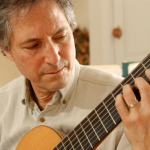
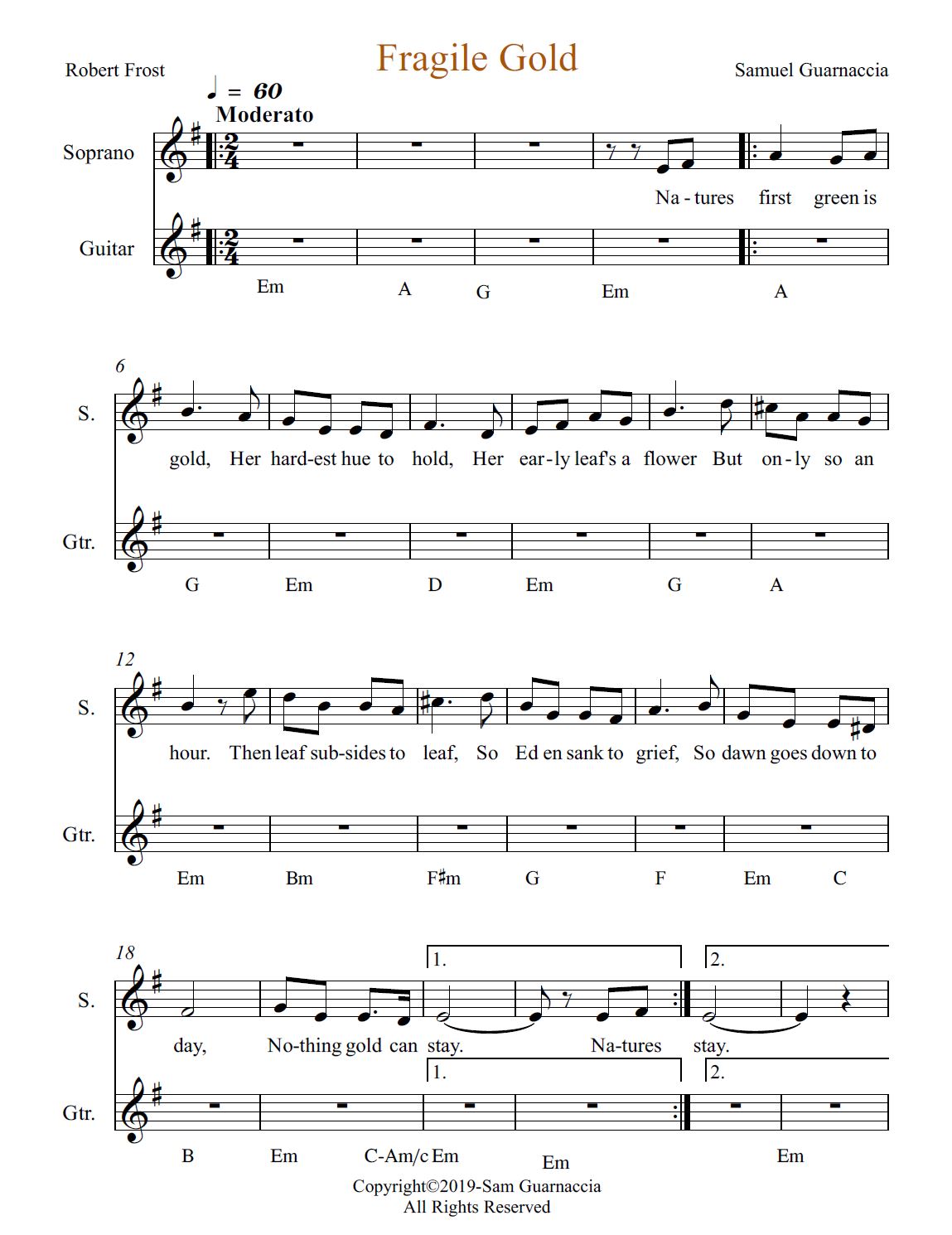
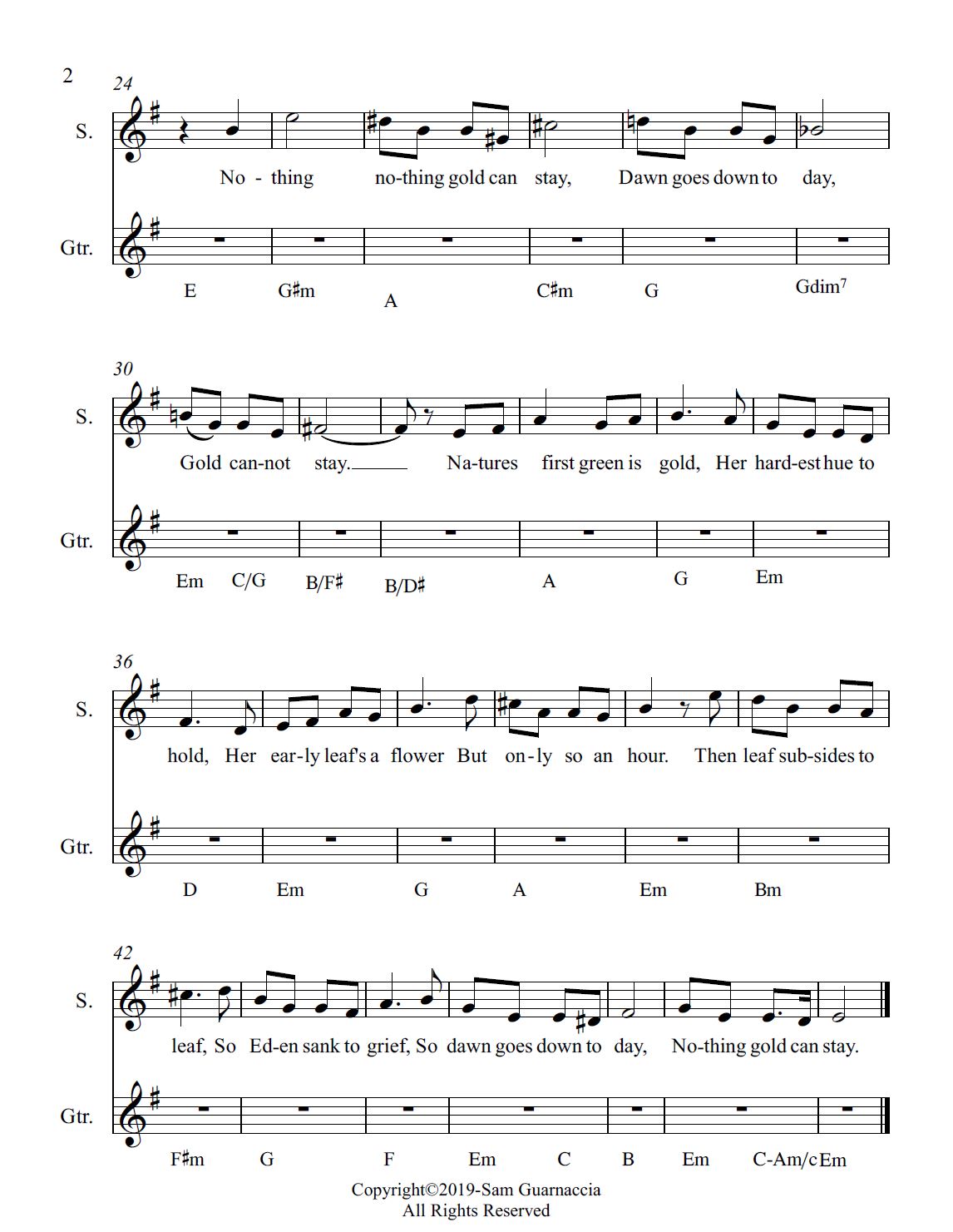
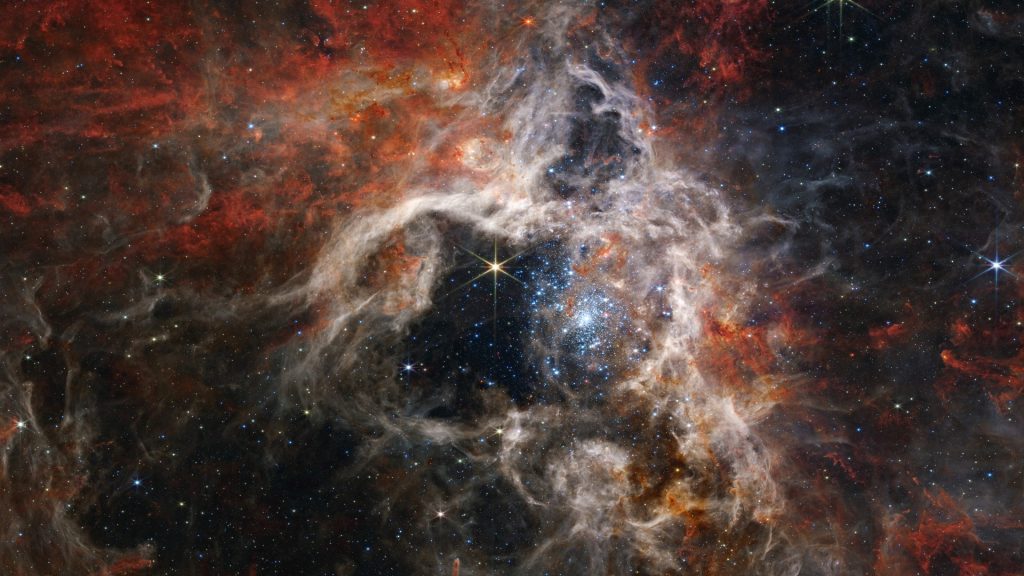

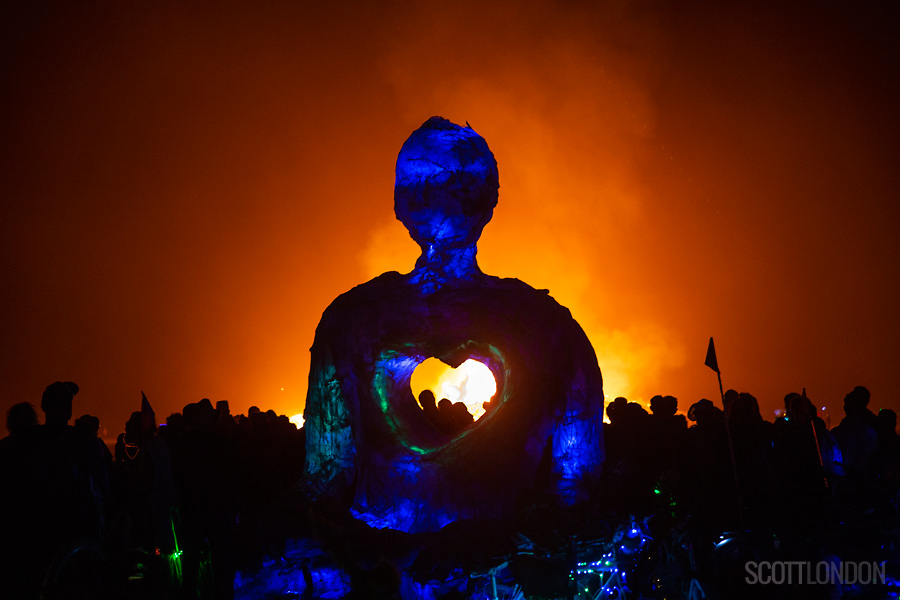
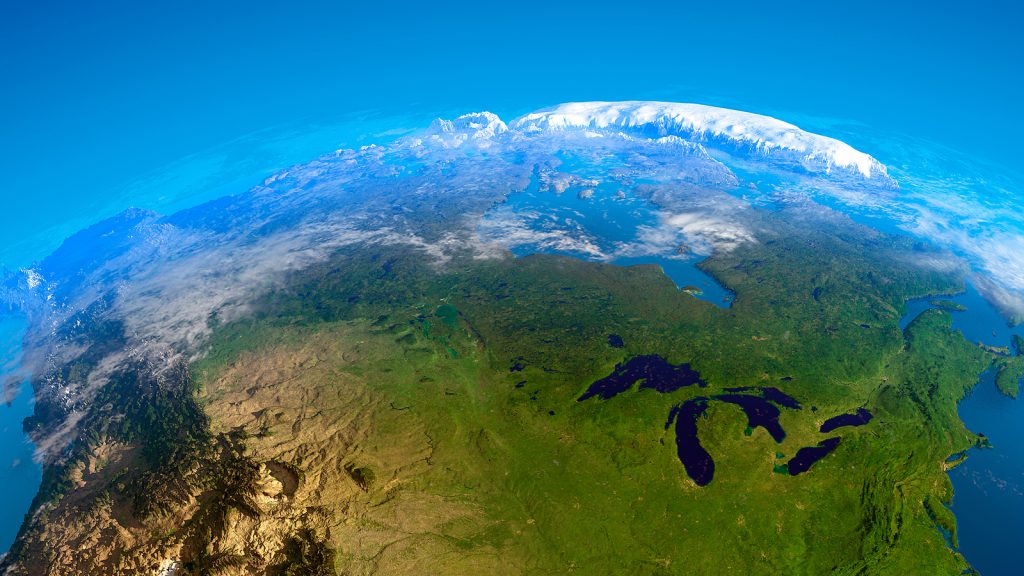
An old favorite, beautifully rendered. Thank you.